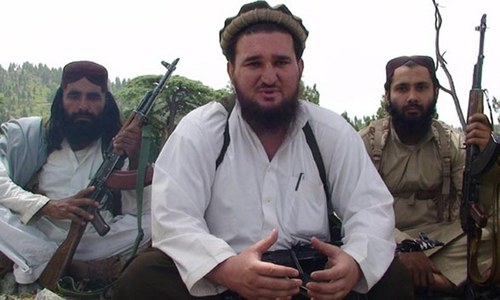IT is an attack that shook Pakistan to the core; a date that will live in infamy.
Three years ago today, the Army Public School terrorist attack in Peshawar claimed 141 lives, including 132 schoolchildren.
There have been attacks before and since the APS attack that have been shocking and vile: the Benazir Bhutto assassination, church bombings, market bombings, mosque bombings, hotel bombings, attacks on airport, police and security agencies, massacre of Hazaras — all wreaking terrible havoc and leaving deep scars across the country.
The monstrousness of the APS attack, however, almost defies understanding.
A very large number of children killed in a school is a country on the verge of failure that nobody can deny. The attack unleashed a wave of revulsion and galvanised public opinion against terrorists and militants. Operation Zarb-i-Azb, launched six months earlier, was intensified. In an unfortunate spirit of vengeance, the moratorium on the death penalty was lifted.
Read: Remembering lives lost in the Peshawar school attack
A constitutional amendment to give military courts the power to try civilian terrorism suspects was forced through parliament. Perhaps most significantly in the long term, the National Action Plan was drawn up and unanimously approved by the country’s political leadership. A page was supposed to have been turned.
Three years later, did APS truly mark a decisive turn against extremism, militancy and terrorism? Sadly, the spirit of the victims of APS has not been honoured.
While Pakistan is generally more stable and secure than it has been in a number of years, the fight against extremism envisaged in NAP has gone nowhere. Drawn up hastily after the APS attack, NAP was more a statement of intent than a detailed guide to fighting and defeating extremism in the country. But it is important because it reflects a national consensus and was the first time an attempt was made to define and systematically confront the threat of extremism in the country.
Today, while some forms of militancy and terrorism have been diminished, the extremist threat is arguably greater than it has ever been.
The failure is total and collective — civil and military, provincial and federal. Whether out of fear, incompetence, complicity or a combination of all three, the state has allowed extremism in society to fester. There will be no final victory against terrorism in Pakistan unless extremism is also defeated.
Honour the memory of the children of Army Public School; confront and defeat extremism.
Published in Dawn, December 16th, 2017














































